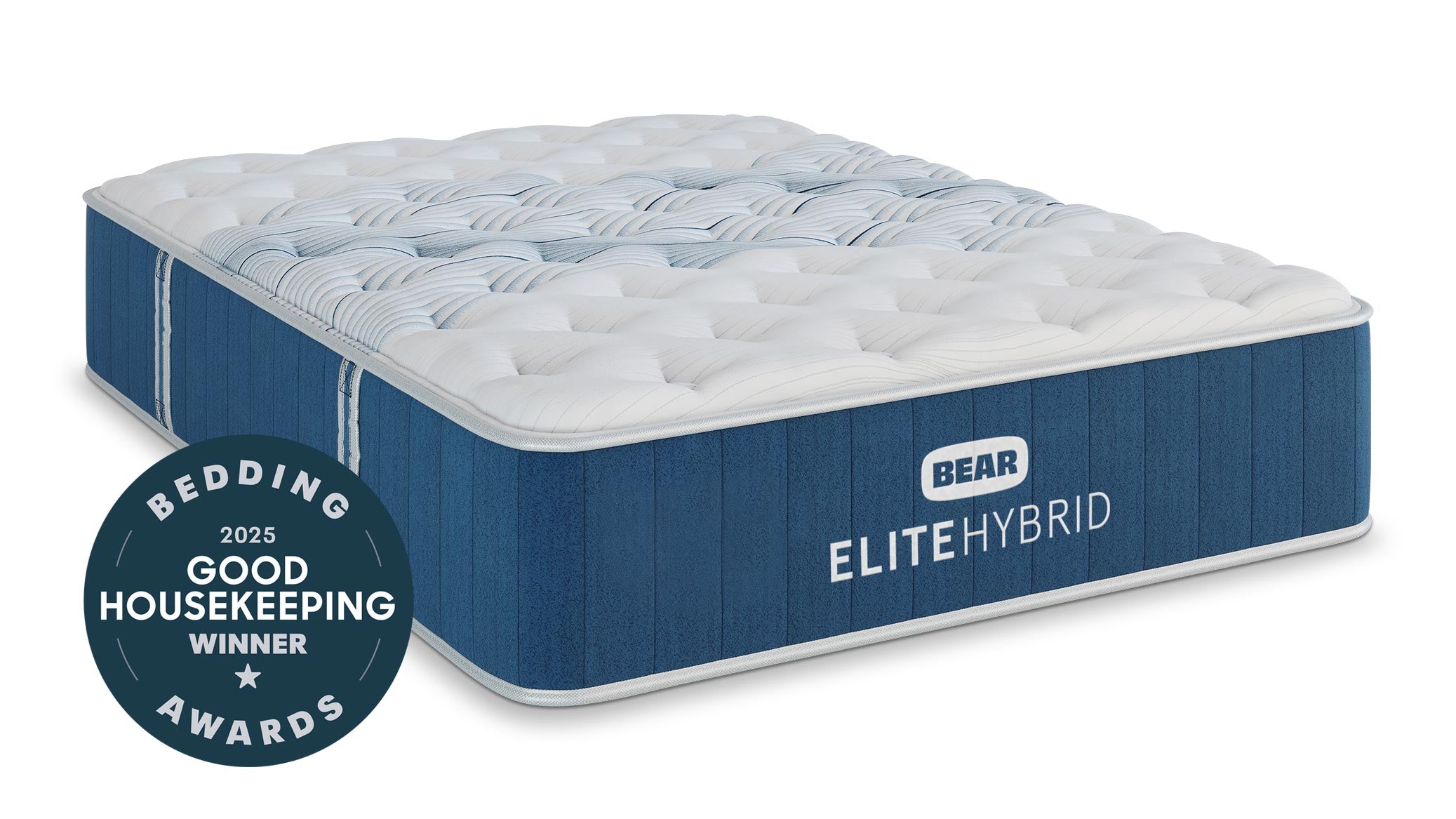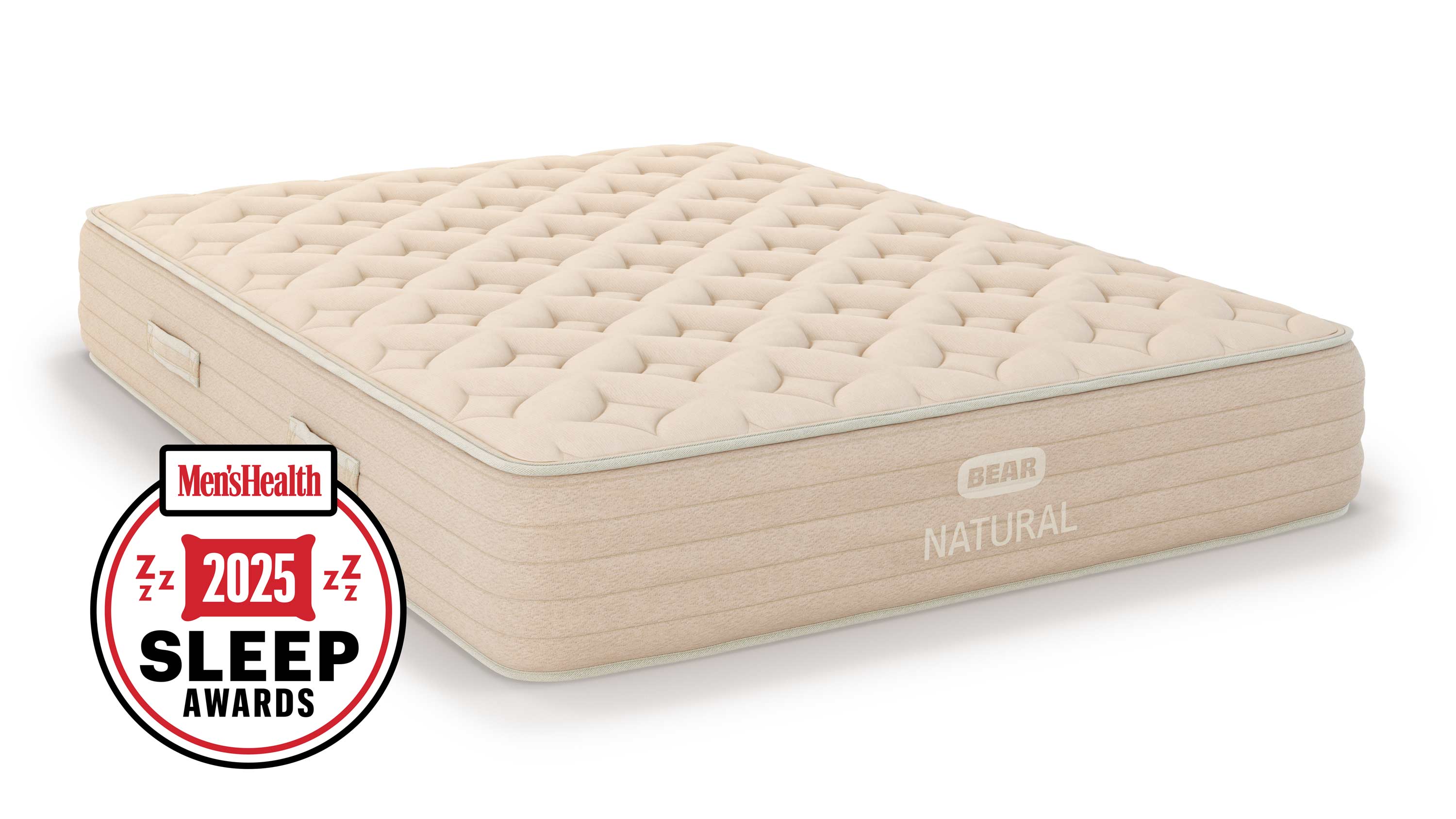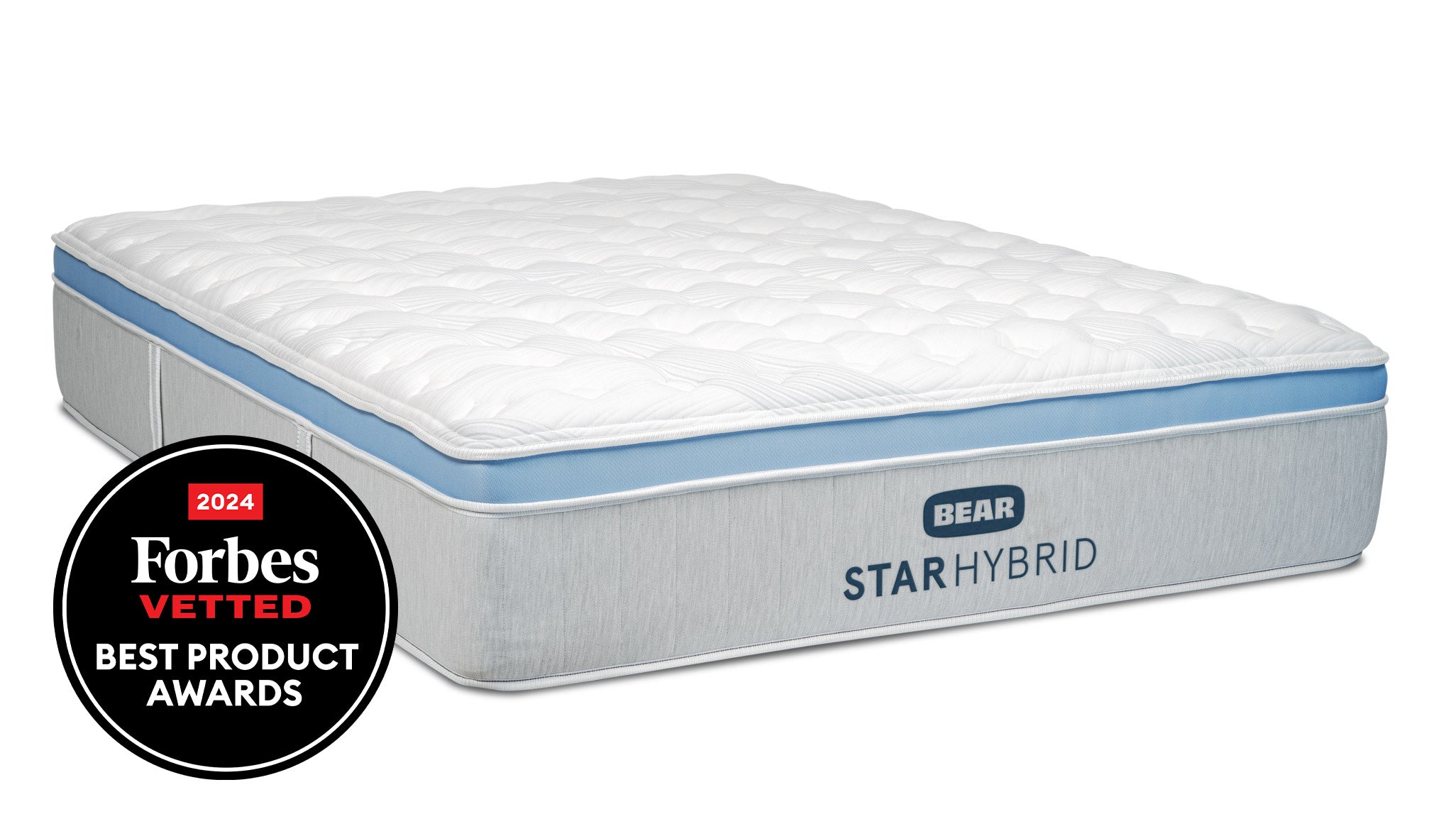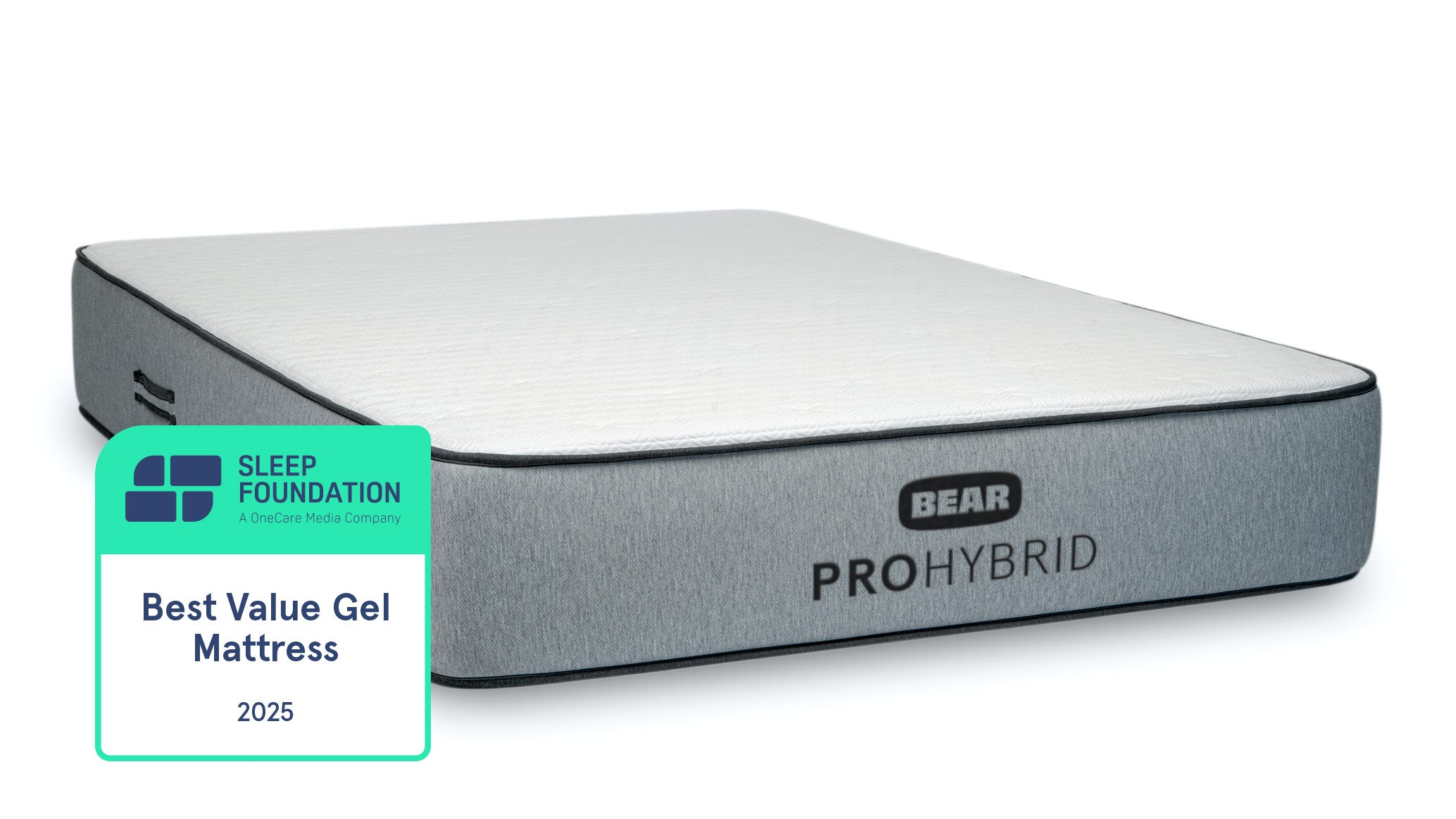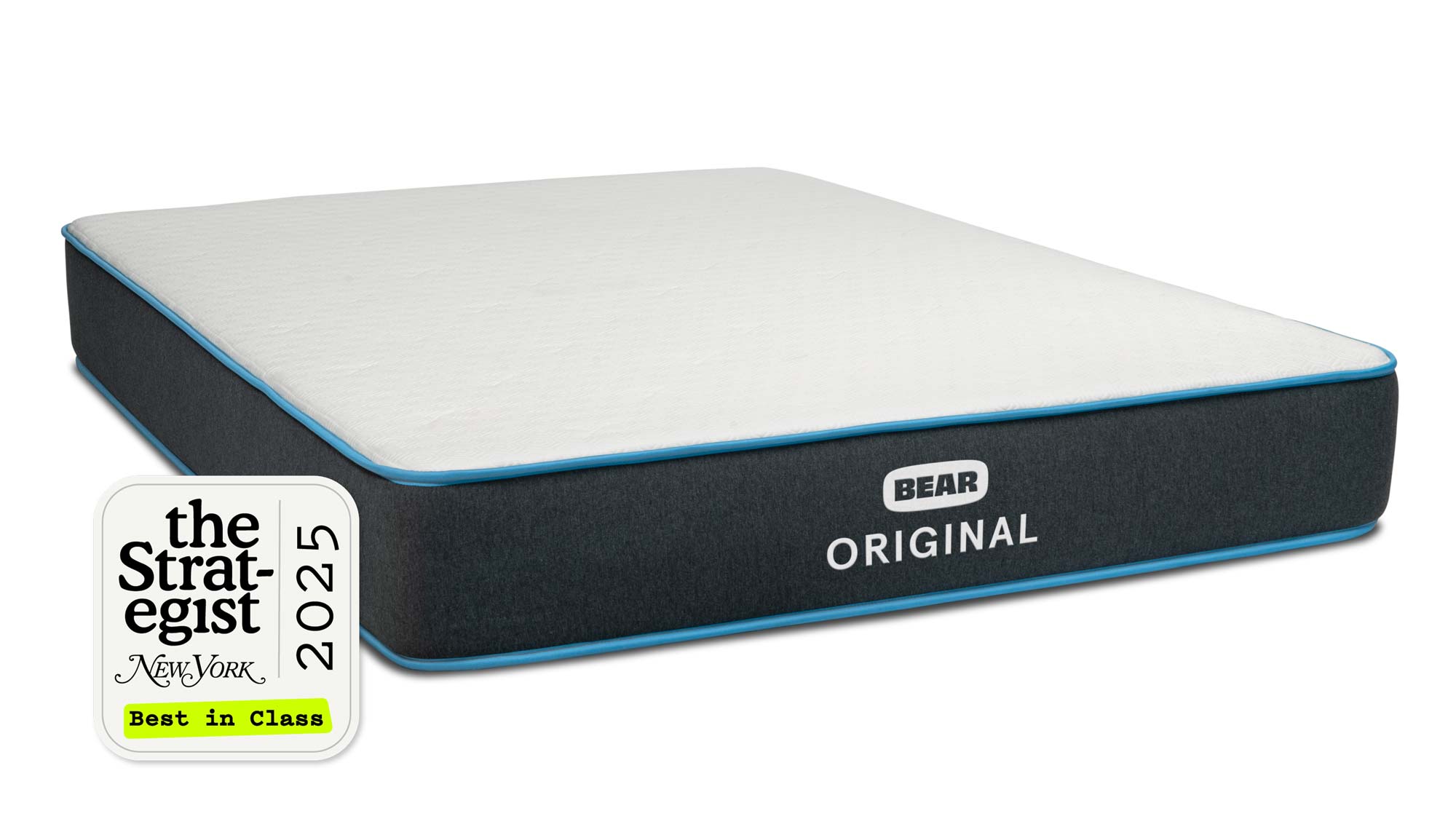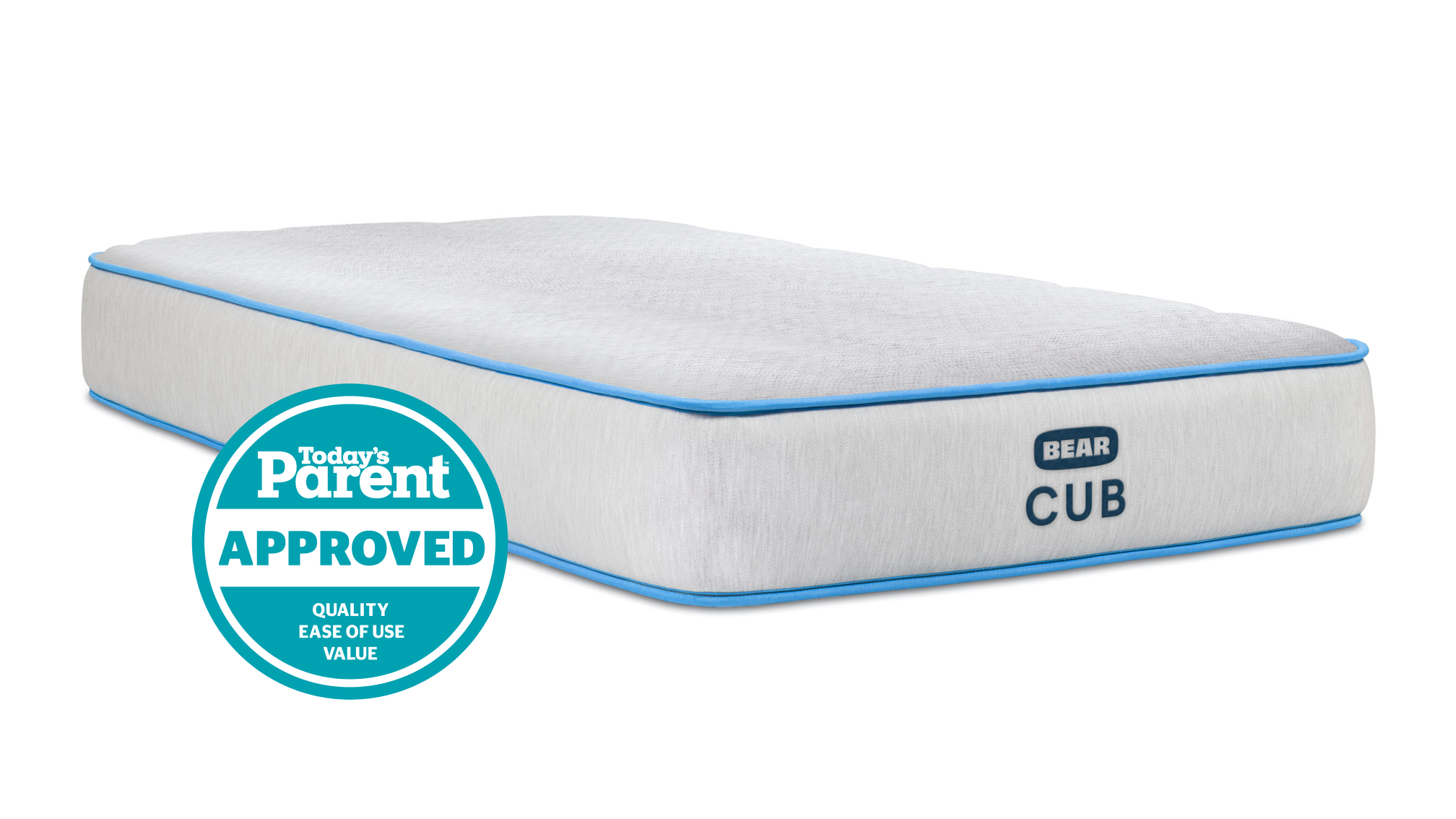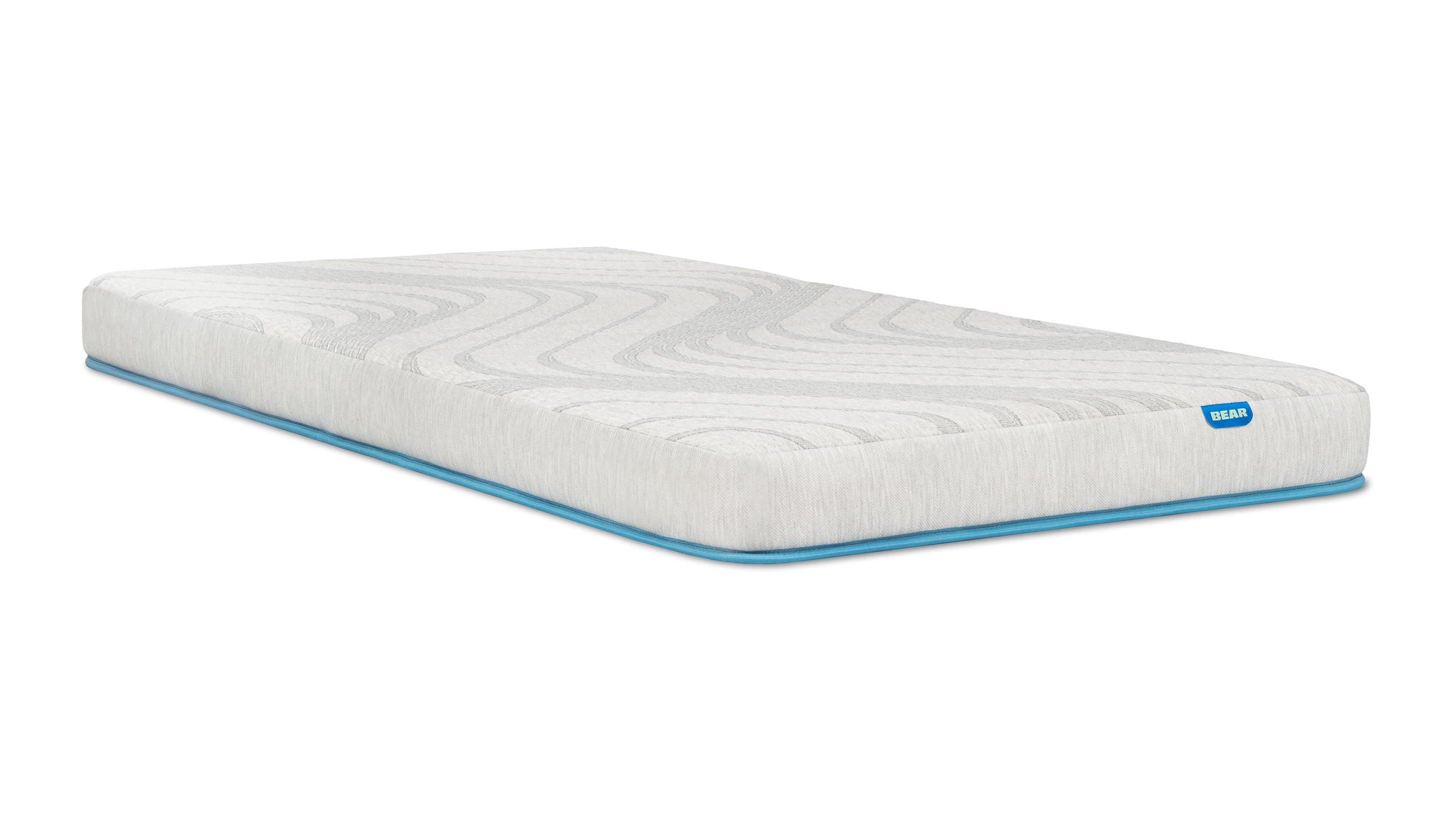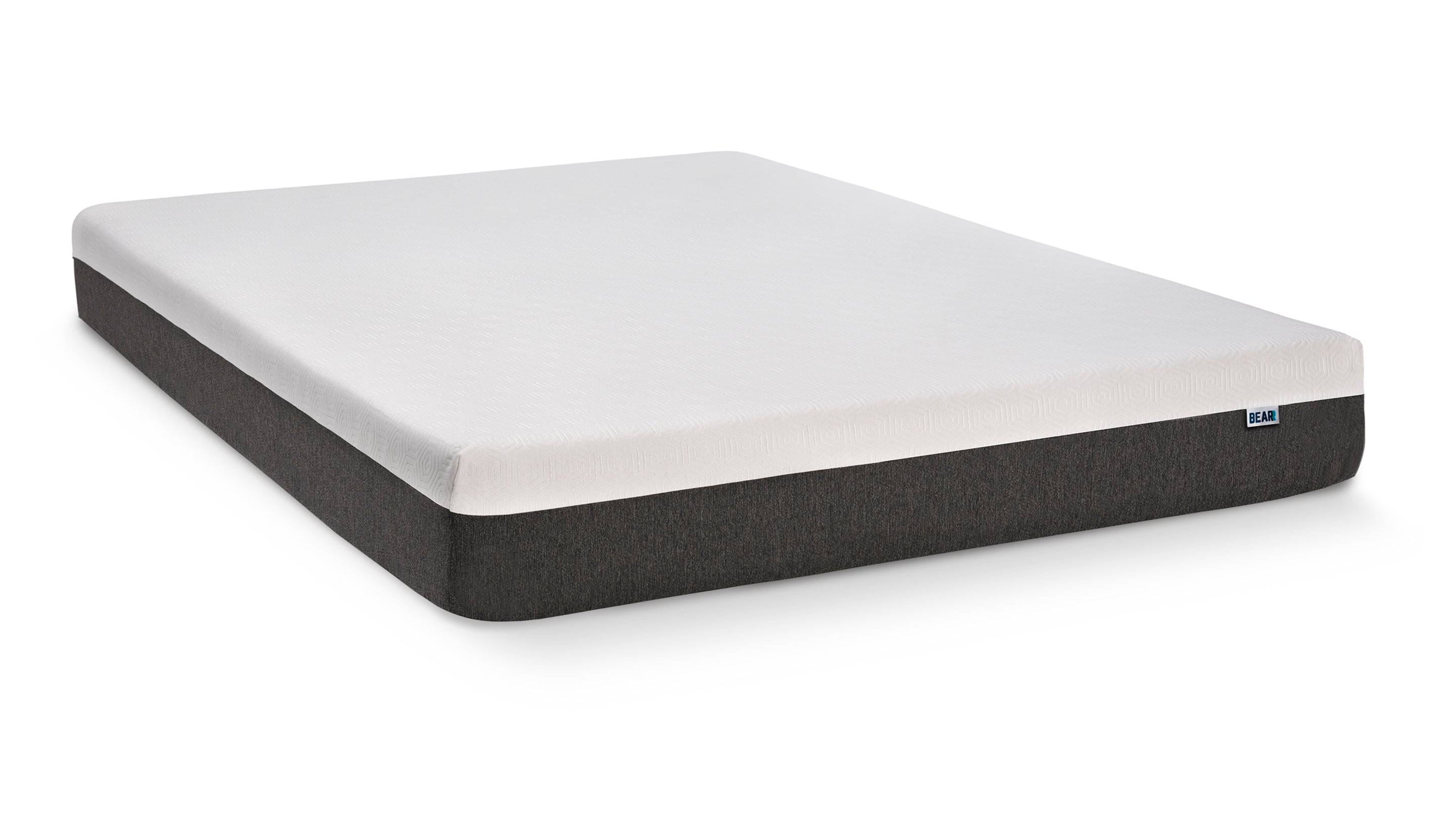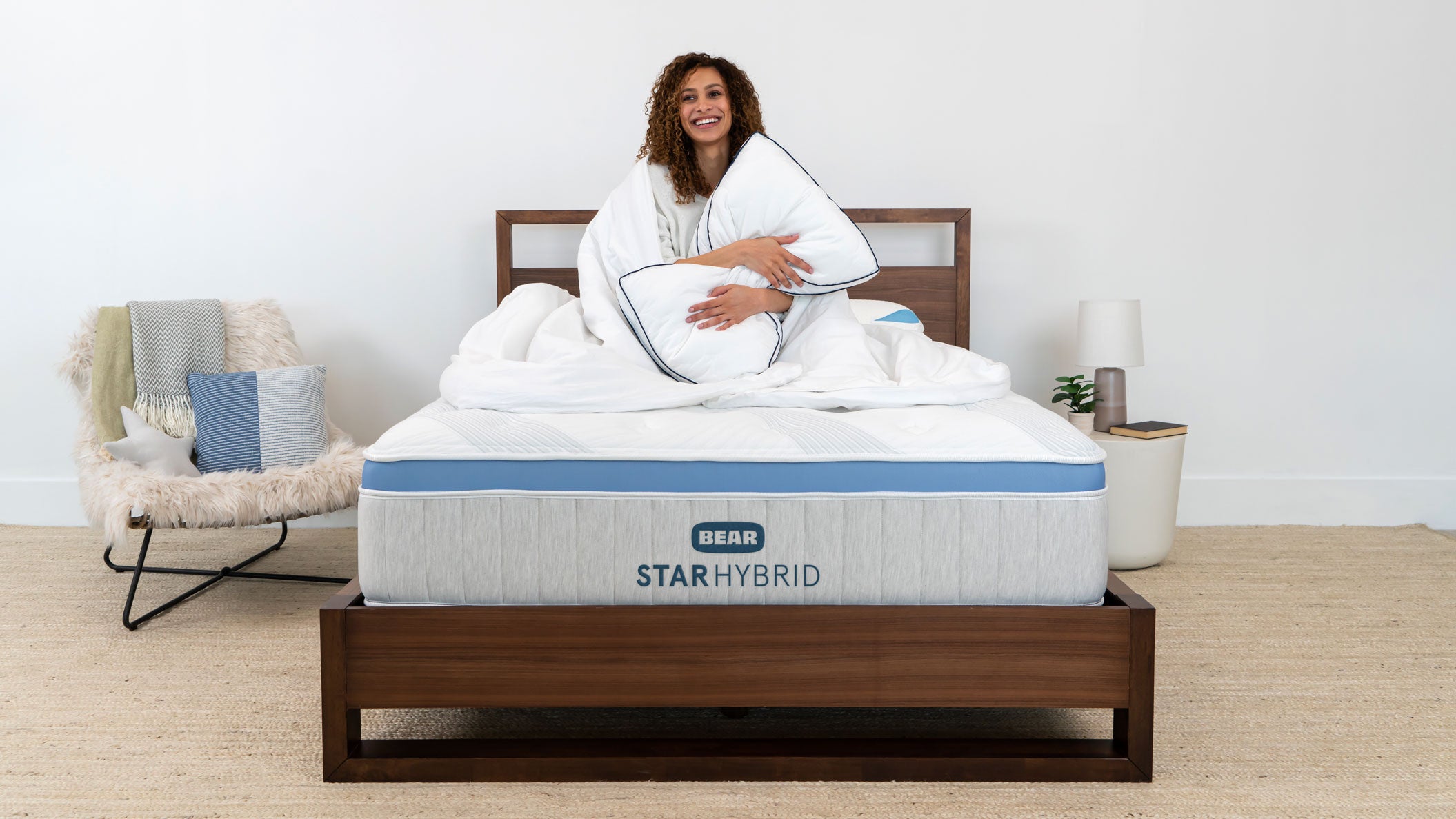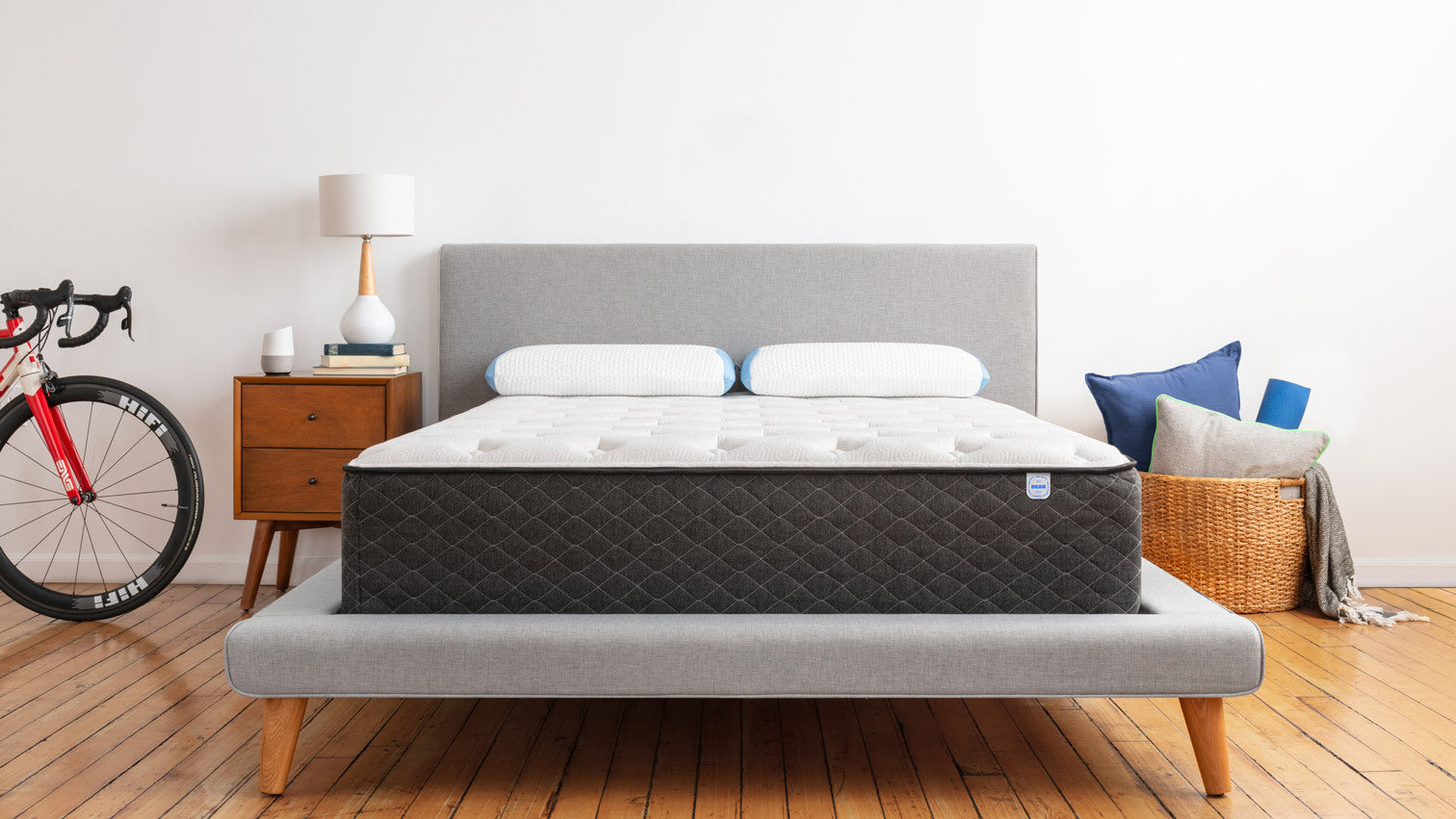If you frequently get hot while sleeping, you’re not alone. Many of us feel perfectly cool right when we climb into bed, only to wake up a few hours later feeling uncomfortably warm or even suffering a bad case of night sweats. But the reasons why we sleep hot? Those can vary from person to person, depending on a variety of health and environmental factors.
7 Possible Reasons You’re Sleeping Hot
Let’s take a look at some of the most common causes of getting hot at night, as well as potential causes of night sweats.
1. You Have a High Metabolism

Body temperature naturally rises as it burns food to fuel itself — so it’s only logical that a higher rate of metabolism would result in an overall higher body temperature. As such, people with a high metabolism are more susceptible to overheating at night. This is especially true for males, whose metabolism, on average, is 23% higher than that of females.
2. You’re an Athlete or Work Out Regularly

There are many upsides to living an active, athletic lifestyle: you likely have a strong, healthy body, lots of energy, and generally speaking, you might often find yourself in a good mood. One downside? You probably get hot at night because your body does the hard work of the muscle repair while you’re asleep.
This may especially be the case if you recently intensified your workout routine. To support this new activity level, your thyroid gland releases more hormones, which can temporarily disrupt your body’s ability to regulate temperature while sleeping. Underfueling or not getting the right kinds of nutrients? That can lead to low blood sugar or even hypoglycemia, which makes night sweats even worse.
3. Your Hormone Levels Are Fluctuating

Changes to reproductive hormone levels can impact the hypothalamus (the body’s internal thermostat) in anyone. But for women, these hormone fluctuations are much more common because of menstruation and pregnancy. As such, the days and nights leading up to a monthly period can be particularly sweaty ones — and women who are pregnant may also sleep hotter than usual.
4. You’re Experiencing Menopause
On a related note, perimenopause (the year or so leading up to when your period stops) and menopause can cause both night sweats and hot flashes in women. In fact, it’s a very common symptom: according to Harvard Health Publishing, around 80% of women going through menopause experience hot flashes both during the day and at night. Why? The intense hormonal changes can make it difficult for the body to regulate its core temperature.
5. You’re Experiencing Medication Side Effects

Some prescription drugs — including diabetes medications, hormone-blocking drugs, migraine treatments, antidepressants, and other psychiatric medications — can sometimes cause higher body temperatures and excessive sweating both during the day and at night. Stopping the use of certain medications can also lead to sweating and other withdrawal side effects.
6. The Bedroom Is Too Hot or Humid
This may seem like an obvious reason why you’re sleeping hot, but many people unintentionally set their thermostat too high at night. One study of young men found the high ambient temperature at night lead to less total sleep time, more frequent awakenings, and greater shifting between sleep stages.
High humidity can also impact the body’s ability to regulate its temperature, which can make it really difficult to fall and stay asleep.
7. Your Mattress Is Absorbing Body Heat
If you’ve ruled out your own body or the temperature of your bedroom as possible causes of getting too hot at night, the problem could very well be your mattress. Some mattress materials — particularly certain types of foams — don’t have great airflow, and therefore absorb and trap body heat. The result? A sweaty, uncomfortable night with very little sleep.
5 Tips to Help You Stay Cool at Night
Whether you’re getting hot at night because of environmental or medical reasons, there are a number of steps you can take to cool down and sleep better.
1. Get a Mattress with Cooling Properties

The first thing you can do to stay cool at night is to sleep on a breathable mattress. A hybrid mattress is an excellent option for people who tend to sleep hot because it provides the comfort of luxury foam with the airflow of springs. The Elite Hybrid has a copper-infused comfort layer to draw away unwanted heat; as well as zoned-support foam to allow for maximum airflow.
2. Invest in Breathable Bedding

In addition to investing in a breathable mattress, you may want to upgrade your bedding. Look for low-thread-count sheets, duvet covers, and comforters made from materials known for their breathability, such as cotton, linen, or bamboo — and get yourself a cooling pillow. The Bear Pillow is made from a special fabric that stays cool to the touch all night long, and it has mesh panels at both ends that allow for maximum airflow.
3. Set the Thermostat Between 60º–67ºF

As we mentioned earlier, many people simply have their thermostat set too high at night. According to the National Sleep Foundation, the ideal bedroom temperature for a good night’s sleep is 65ºF, though you can go as high as 67ºF or as low as 60ºF, depending on personal preference.
4. Sleep with a Fan or Dehumidifier
Decreasing humidity and increasing airflow in the bedroom can also help you get a better night’s sleep — especially during summertime when even the coolest sleepers can wake up in a sweat. A dehumidifier will help keep the relative humidity levels between the ideal 30%–50%, and a fan will help keep air circulating through the room. (Plus, the white noise might help you fall asleep, too).
5. Talk to Your Doctor
If you believe your night sweats are due to a health-related issue, such as a hormone disorder, an infection, or a neurological condition, you may want to consult your doctor to get treatment. Ultimately, if your high body temperature at night is due to an underlying medical condition, environmental solutions might not help you sleep any cooler in the long run.
Please be sure to see a doctor if your night sweats are accompanied by fever, unexplained weight loss, localized pain, dizziness or fainting, cough, diarrhea, or any other concerning symptoms.
